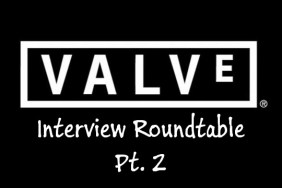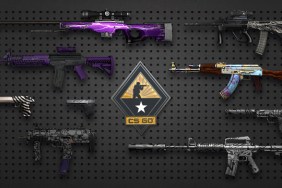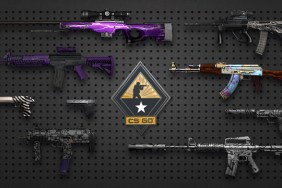A Native American nation is suing Valve over Counter-Strike gambling. The lawsuit accuses the Steam creator of “unethical, oppressive, and unscrupulous business conduct.” This is due to the company not doing much about the gambling scene surrounding skins in Counter-Strike: Global Offensive. The Native American nation in question, the Quinault Indian Nation, is from the state of Washington.
Valve, as they are a games company, does not hold a gambling license in Washington state. Because of this, the nation argues that the studio facilitates the use of skins as collateral for online betting websites. According to the lawsuit, the selling of these skins competes against the Quinault Beach Resort & Casino gambling, reports GamesIndustry.biz.
“Valve is well aware of the skins gambling that goes on, is well aware that skins have real-world cash value, which has increased their popularity and value, and actively encourages and facilitates skins gambling,” reads the suit. Essentially, the nation argues that Valve knows what’s going on, is directly benefiting from it, and is doing so illegally while the casino must abide by gambling laws. “Neither Valve nor internet gambling sites using Valve’s virtual items abide by those gaming laws and regulations and consumers and the National have been harmed as a result.” These benefits that the nation refer to are the cuts Valve takes from any trades made on their platform.
Moreover, the nation brings up the old loot box argument. Put simply, Counter-Strike skins and items come through loot boxes, which are very close to slot machines. But, Valve doesn’t need to show the statistical chances of winning. Casinos and other gambling groups do. This discrepancy gives Steam’s owners an unfair advantage. They don’t have to pay local fees or taxes, unlike the Nation.
Valve often claps back at this, stating that it doesn’t associate with these gambling websites. However, the Quinault Indian Nation retorts by saying the company takes the “minimum steps” to do anything about them. “Valve has profited handsomely for years from illegal online gambling, and has made only token efforts to stop it,” reads the suit.
Overall, the nation accuses Valve of the four illegal activities:
- Violation of the consumer protection act
- Tortious interference with contract
- Negligence
- Declaratory relief
Finally, the Quinault Indian Nation is asking for damages and calling for a cease-and-desist back. We’ll see if Valve can’t get their way out of this one. Of course, this is only one of many lootbox situations we’ve seen in the past few years. Star Wars Battlefront 2 is one of the most prolific cases.











